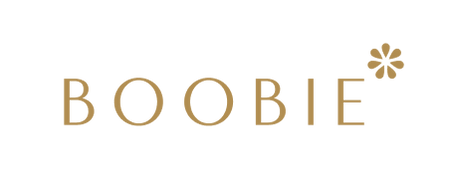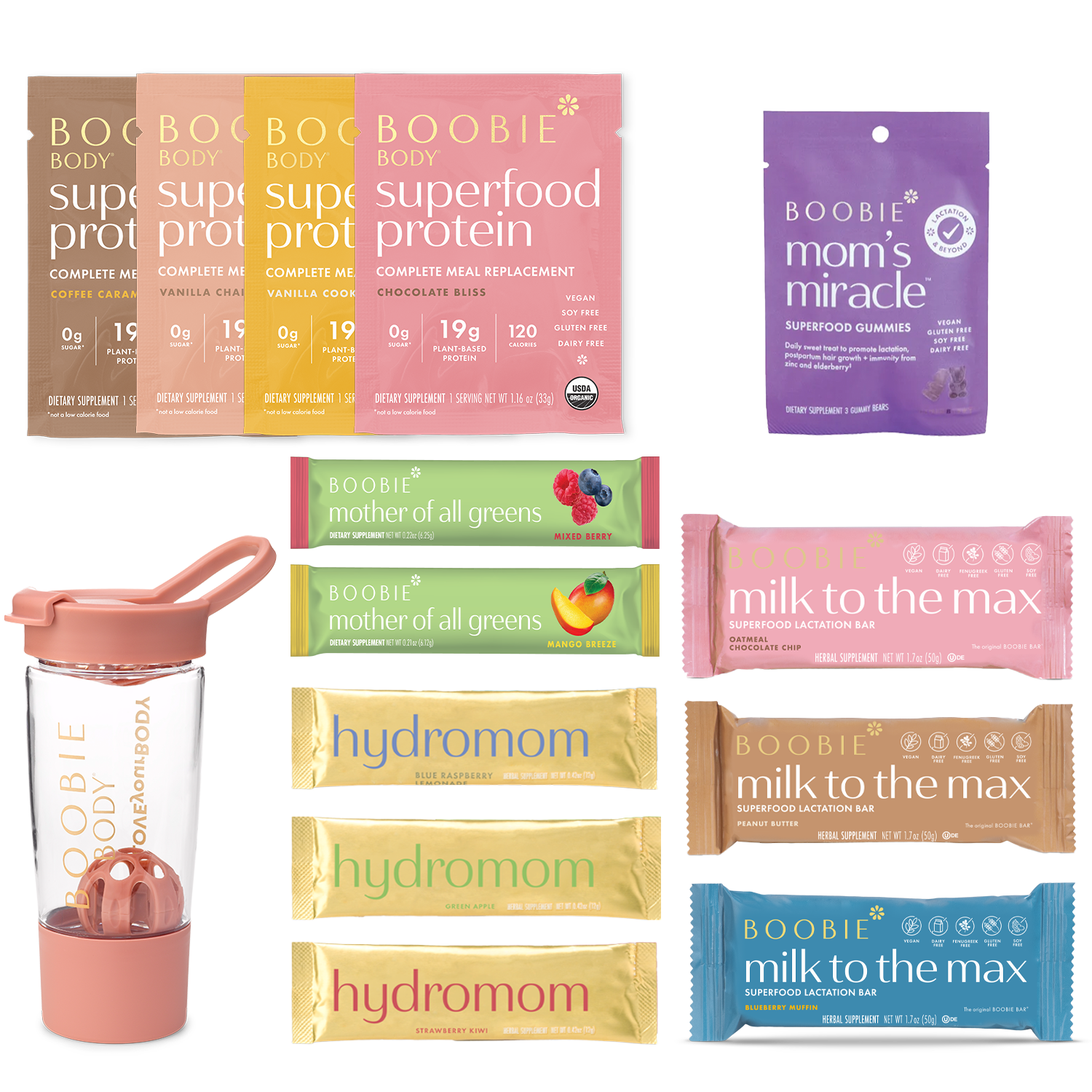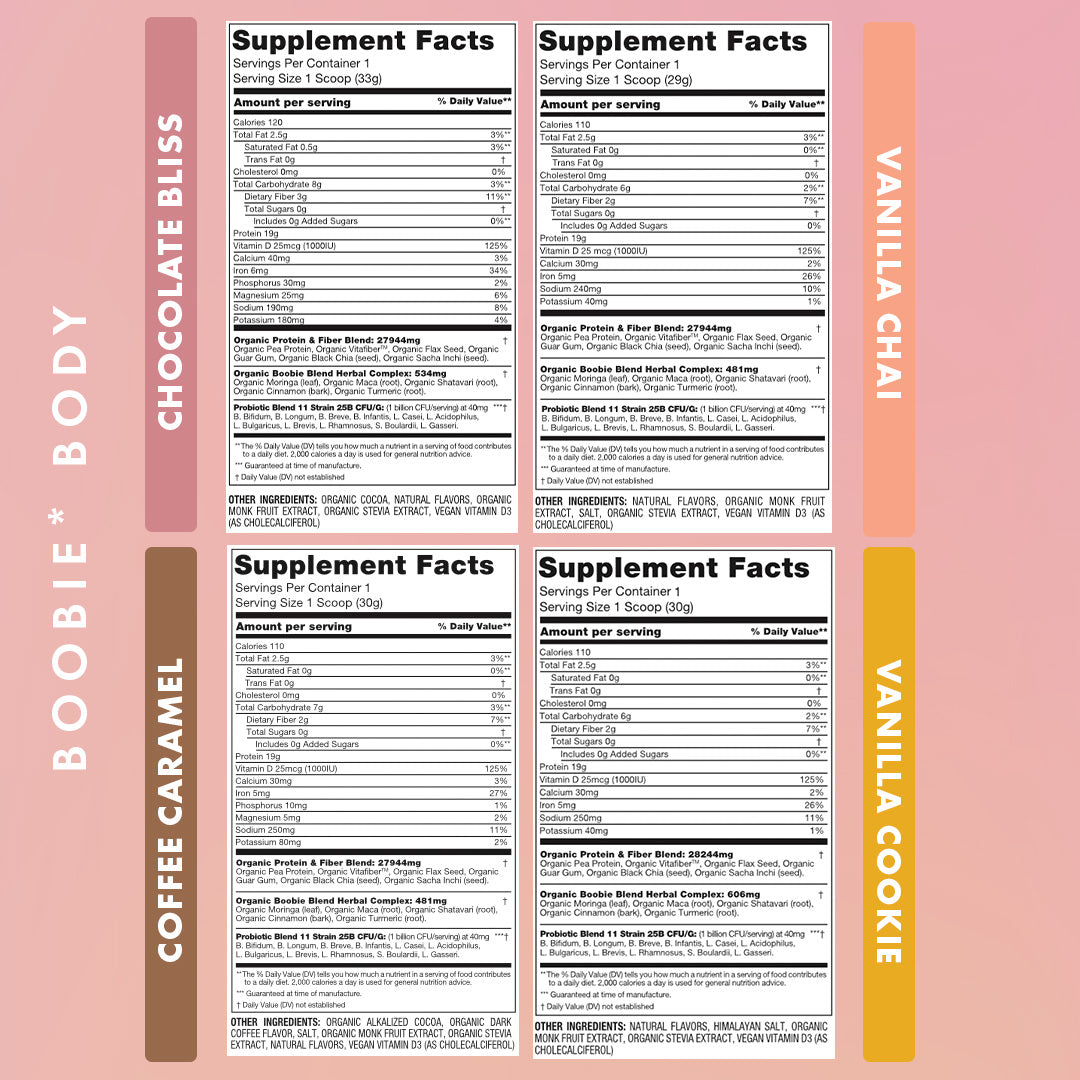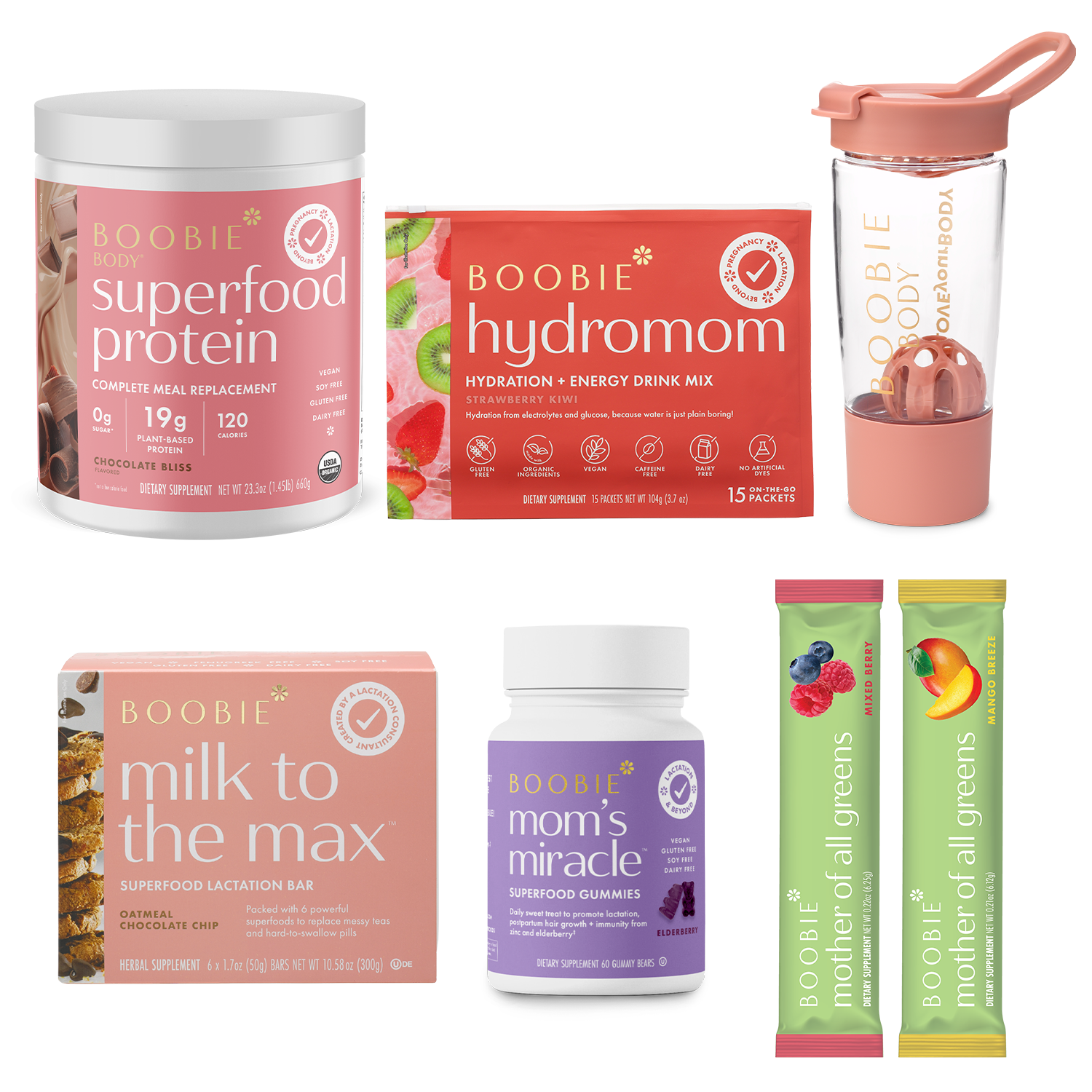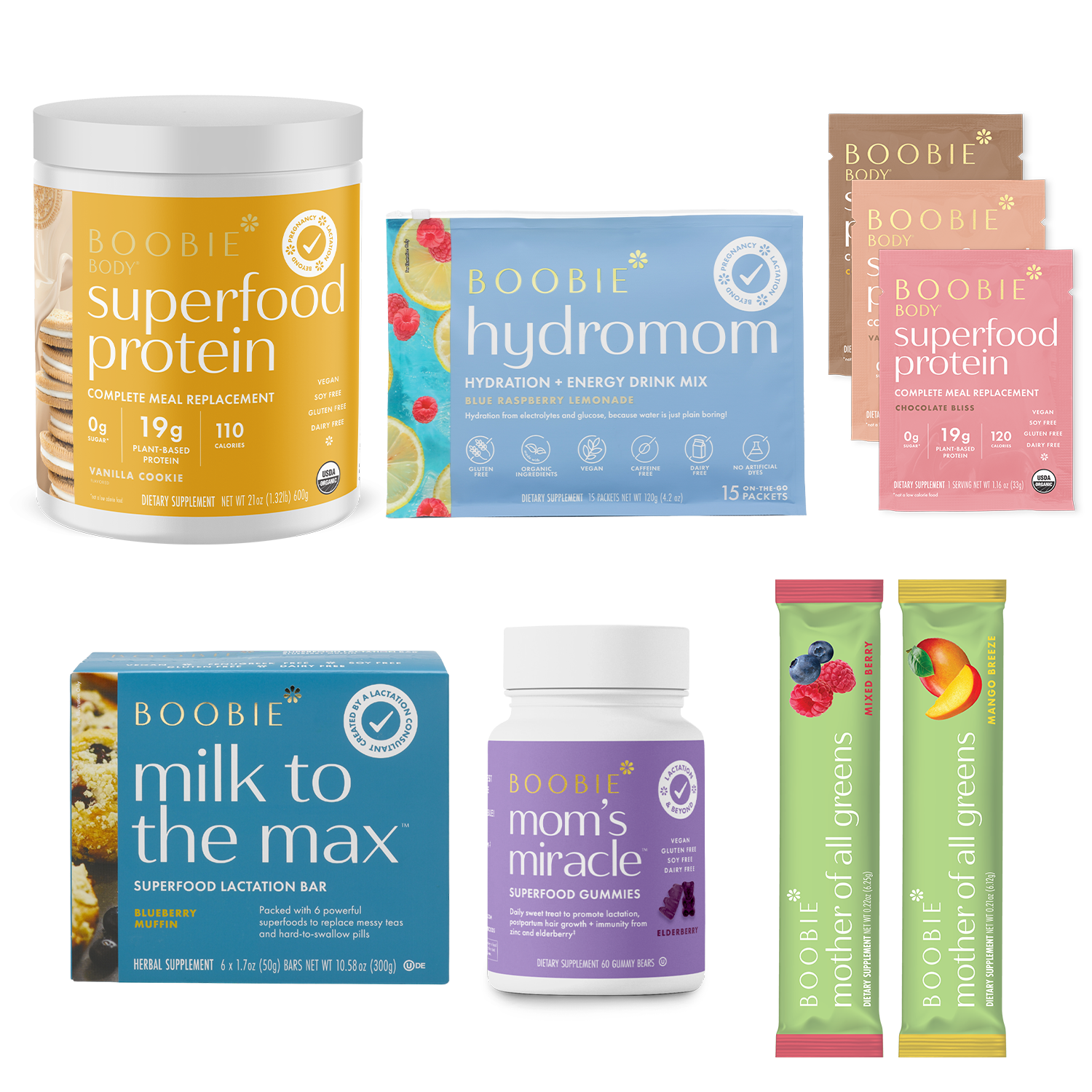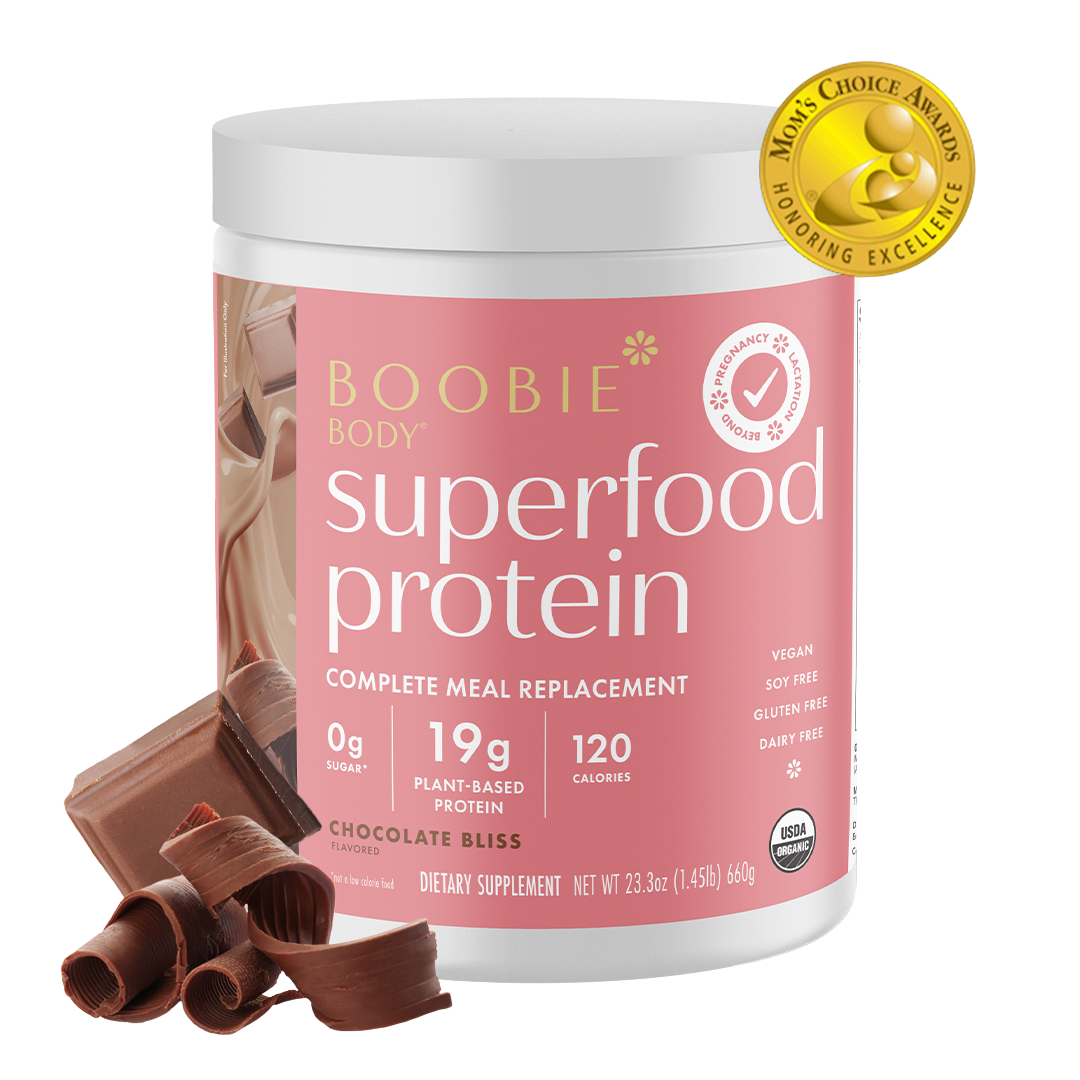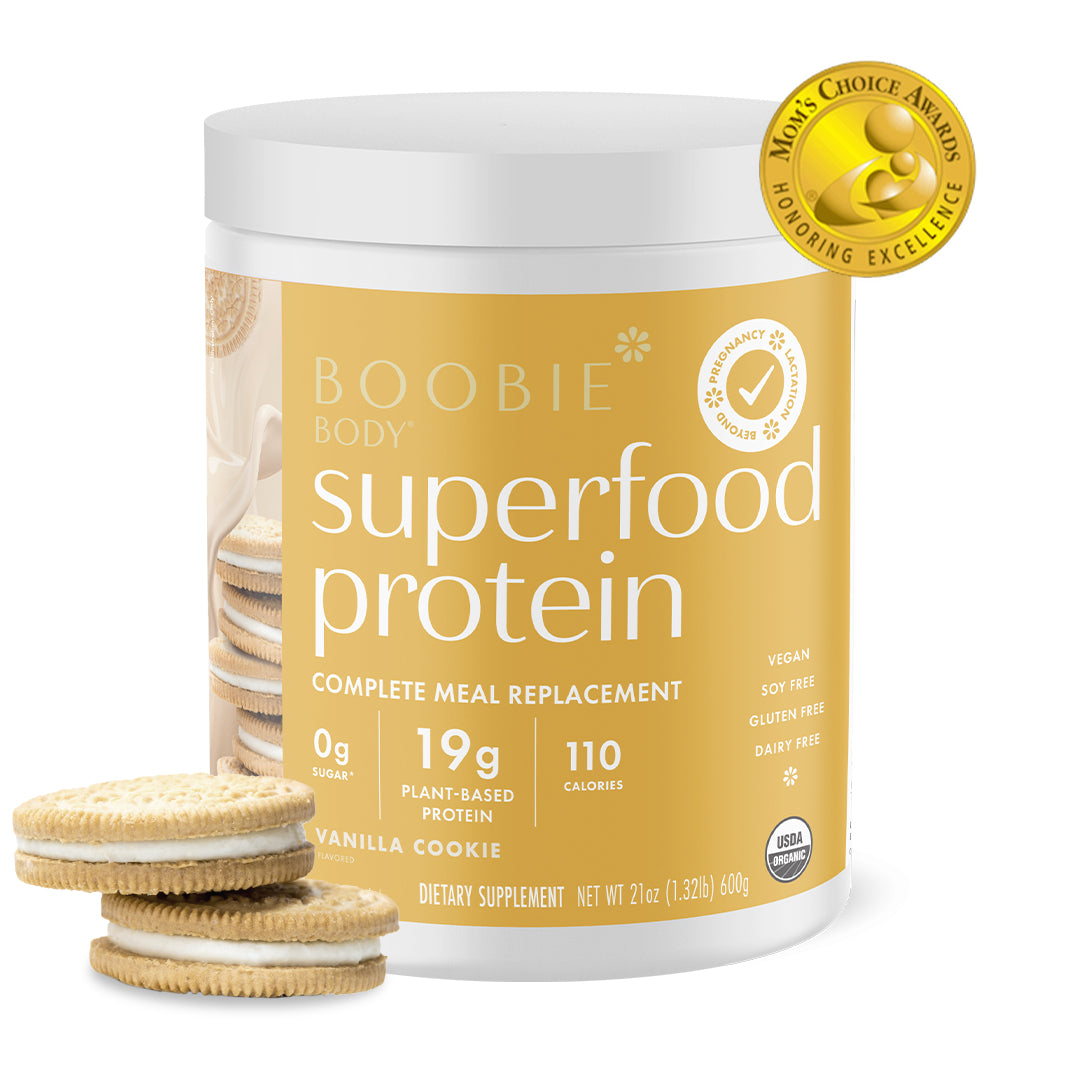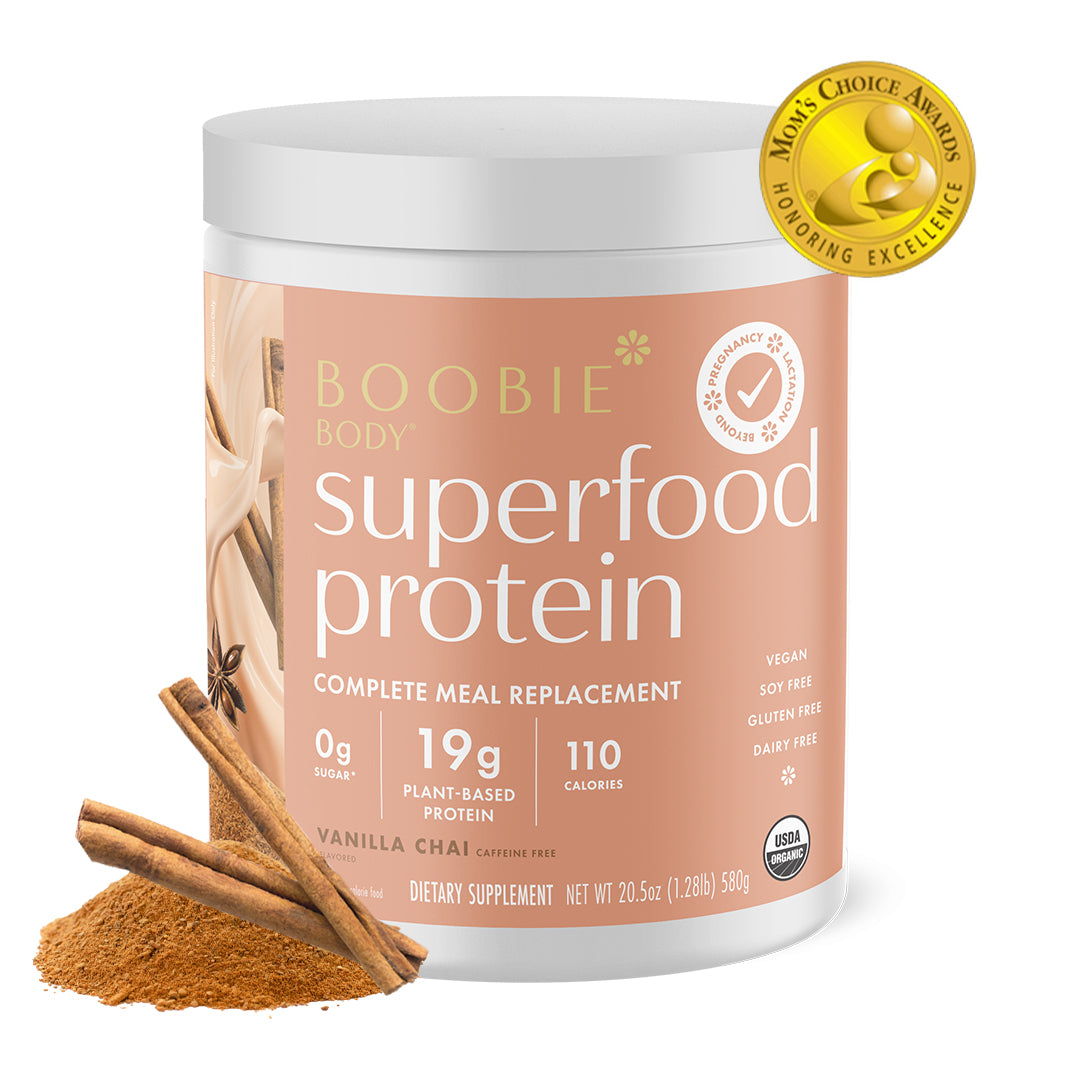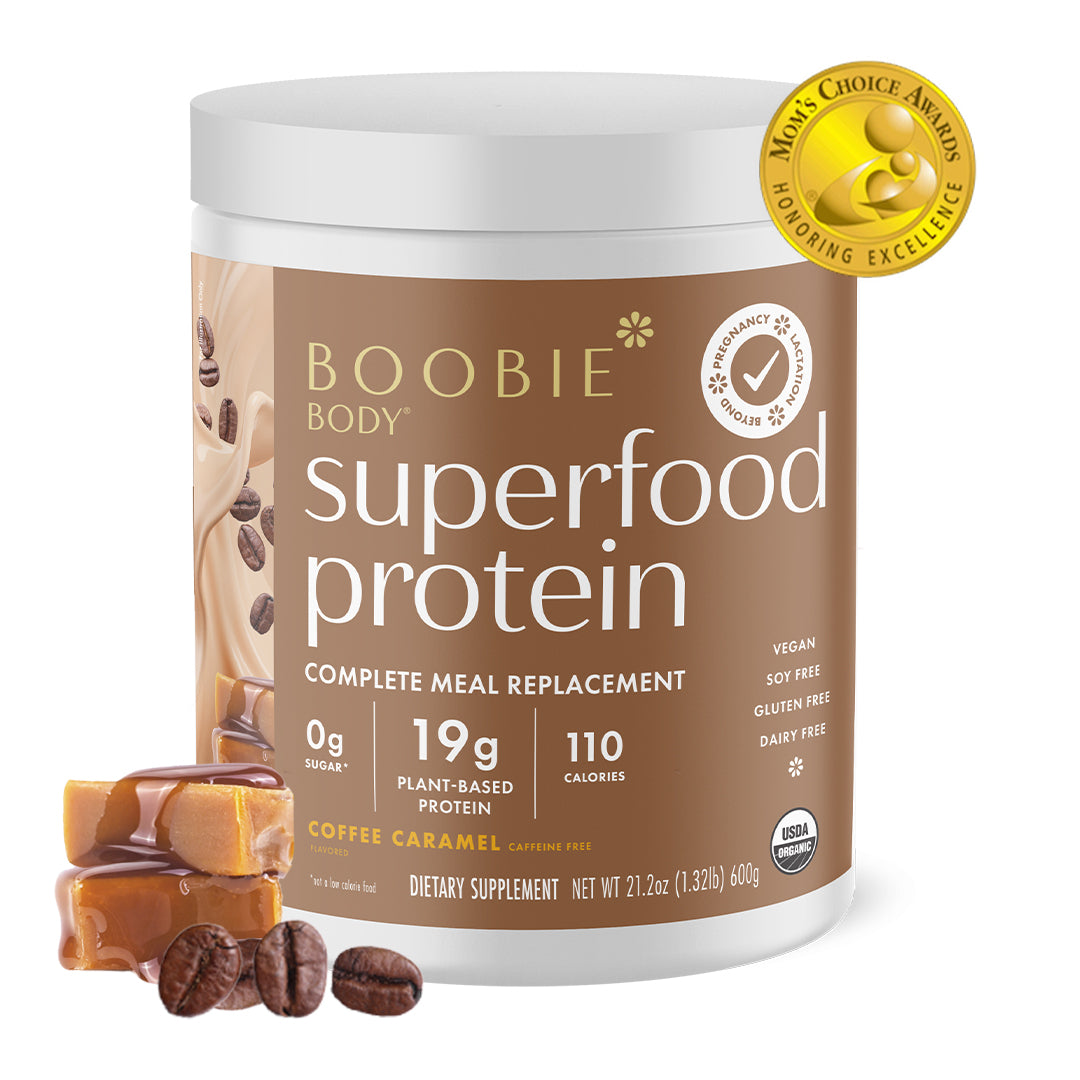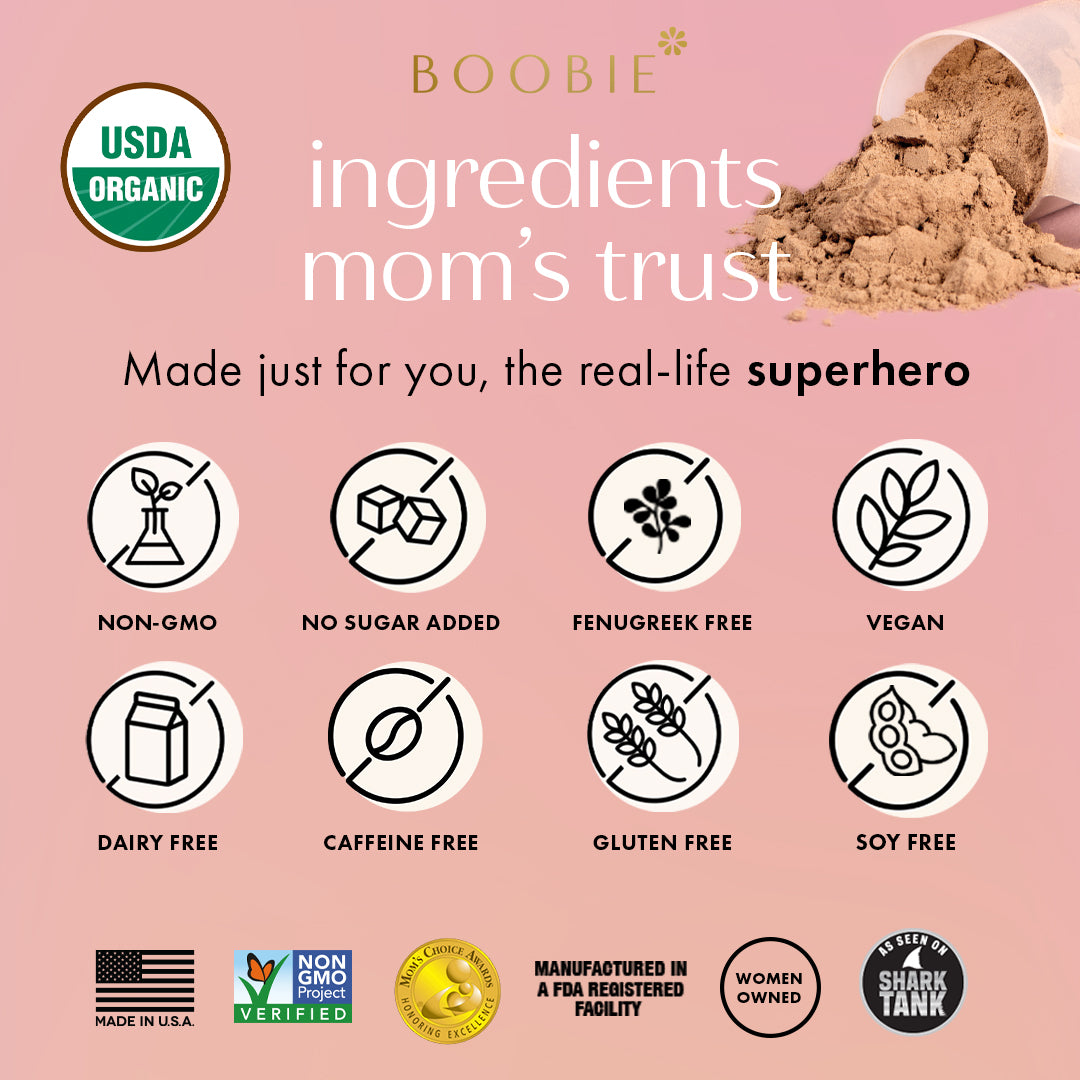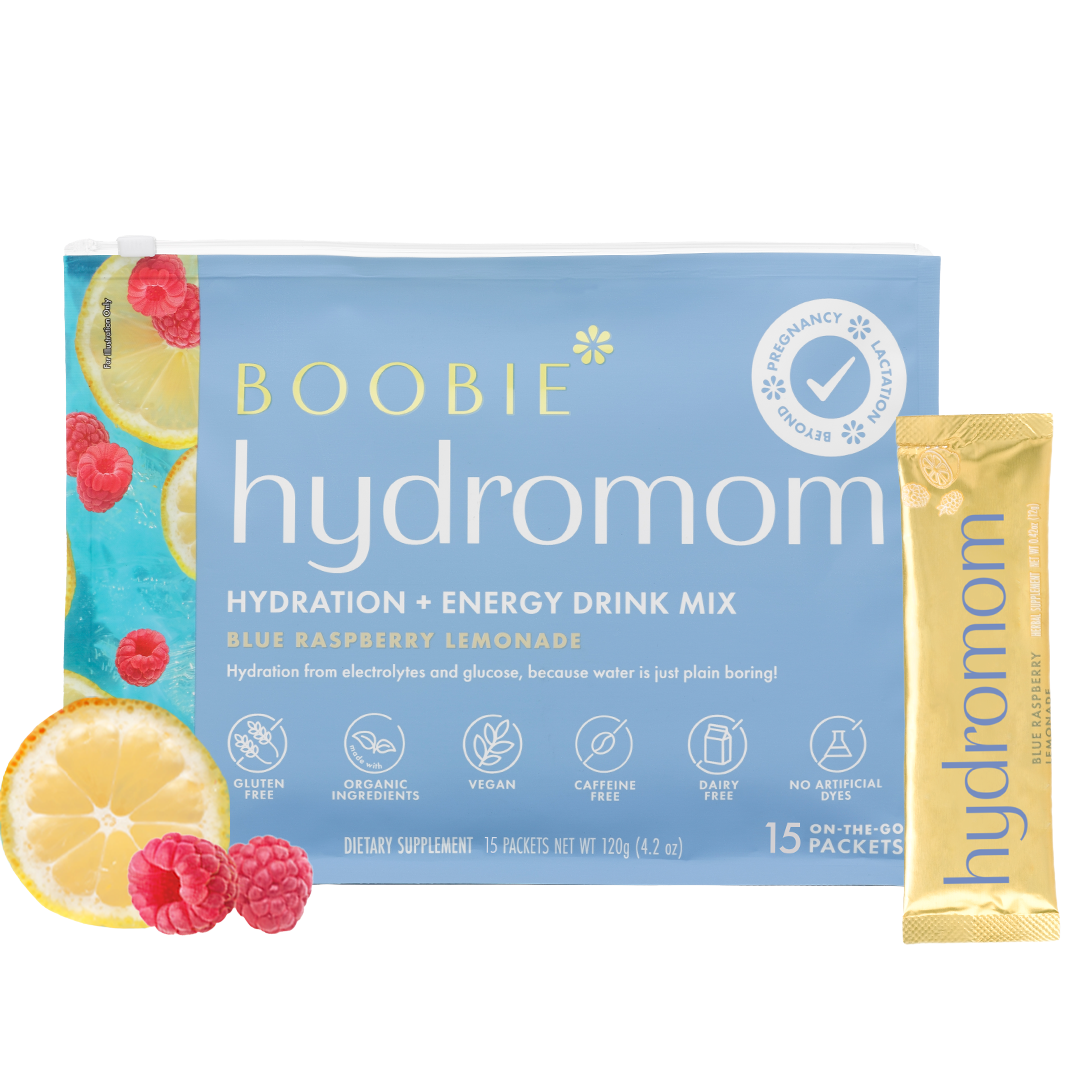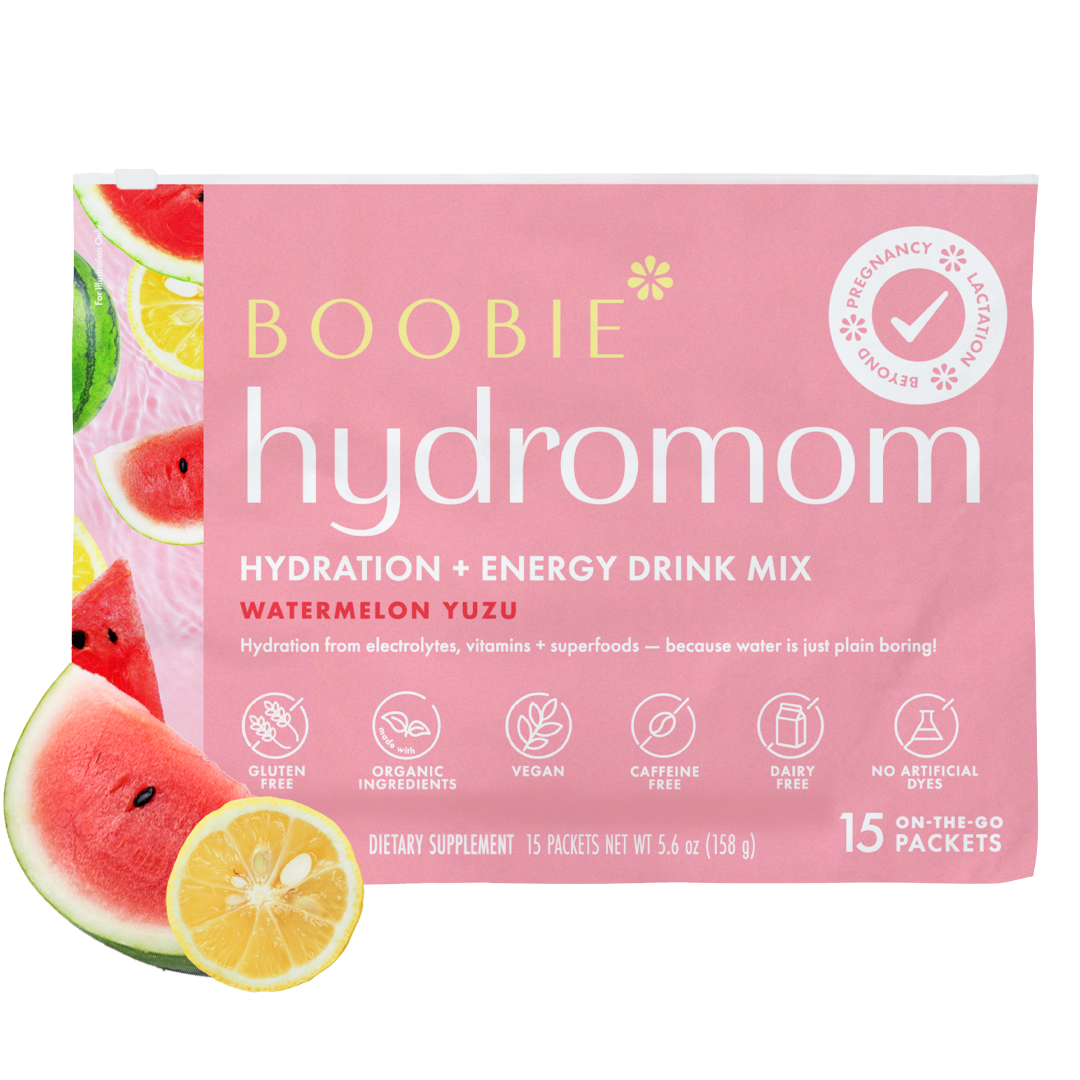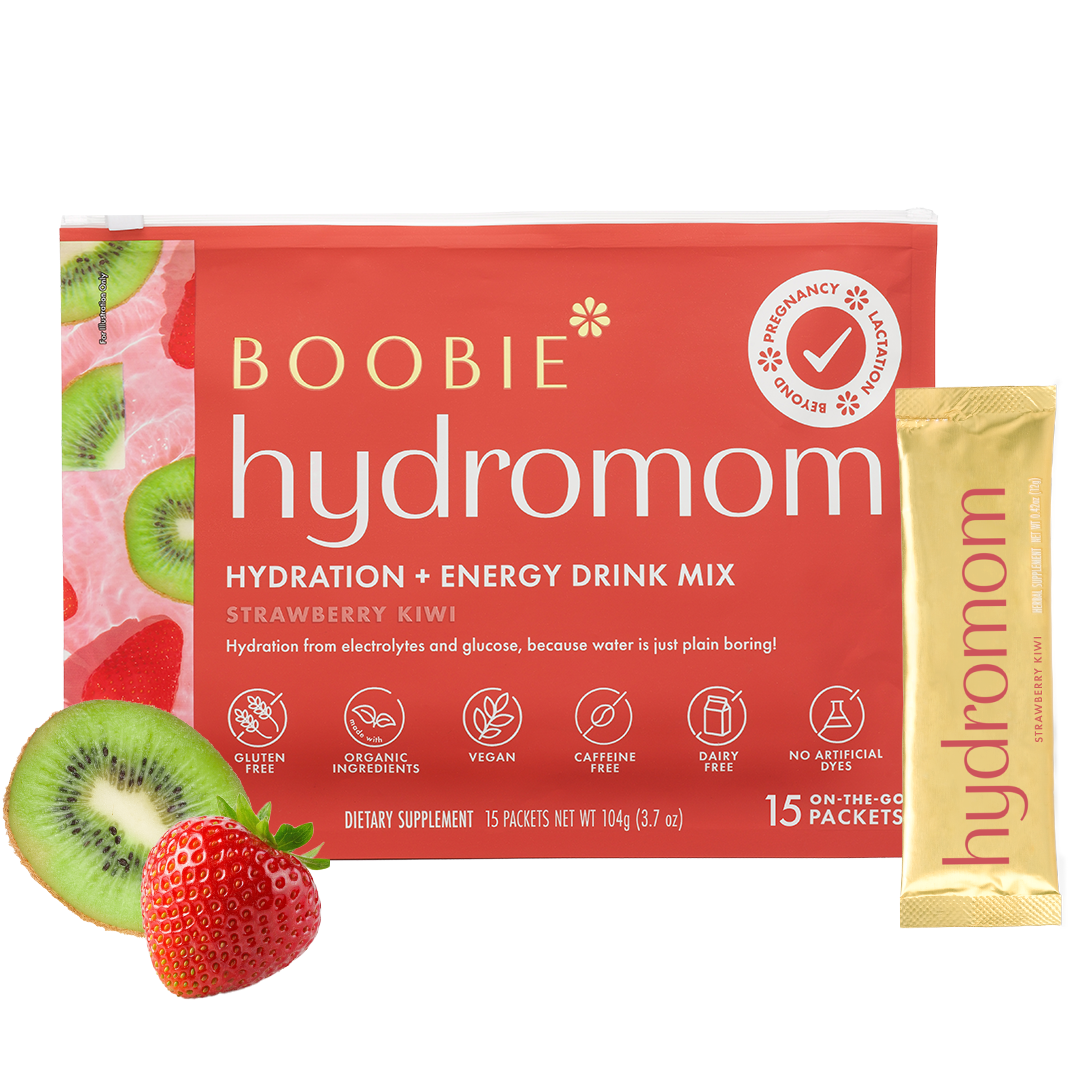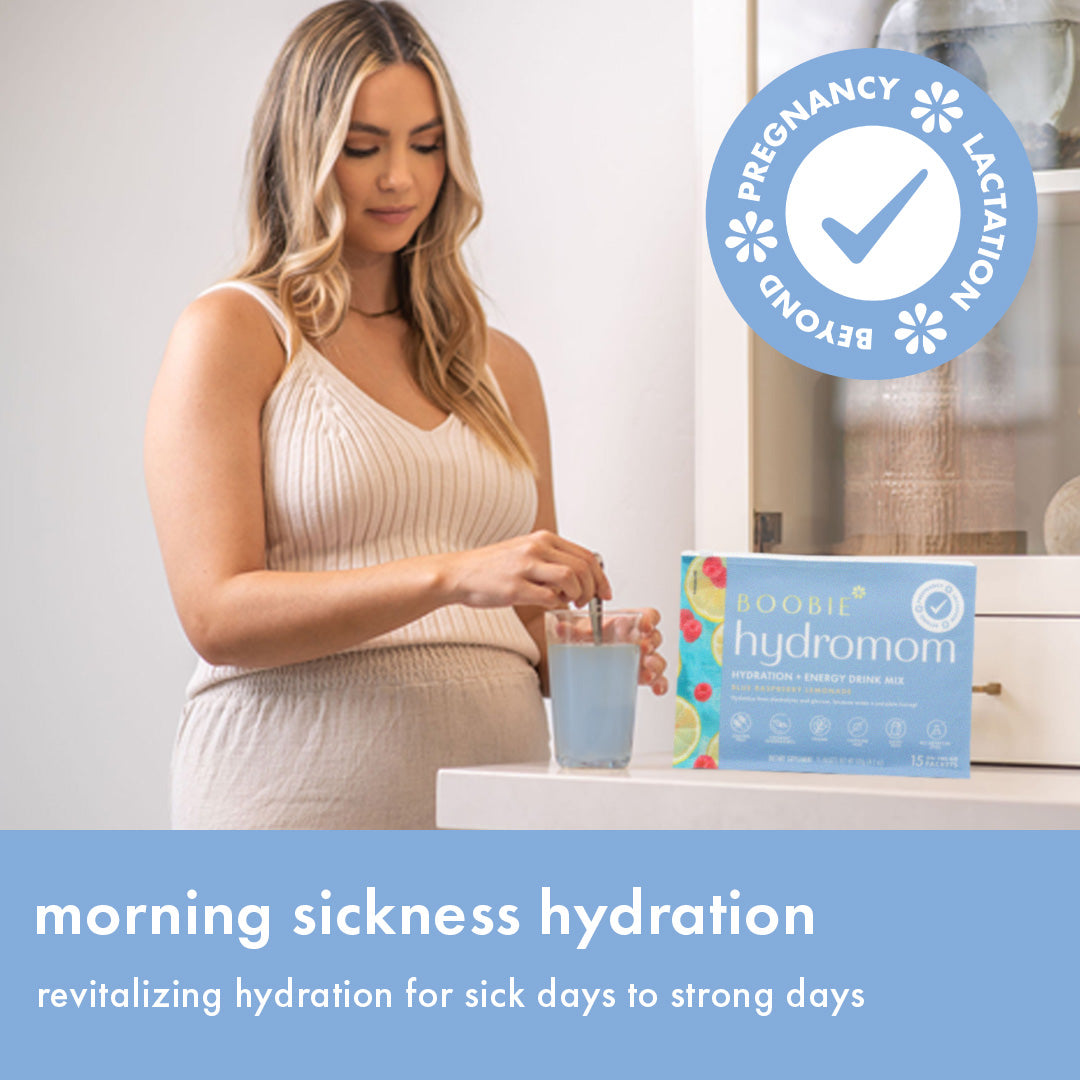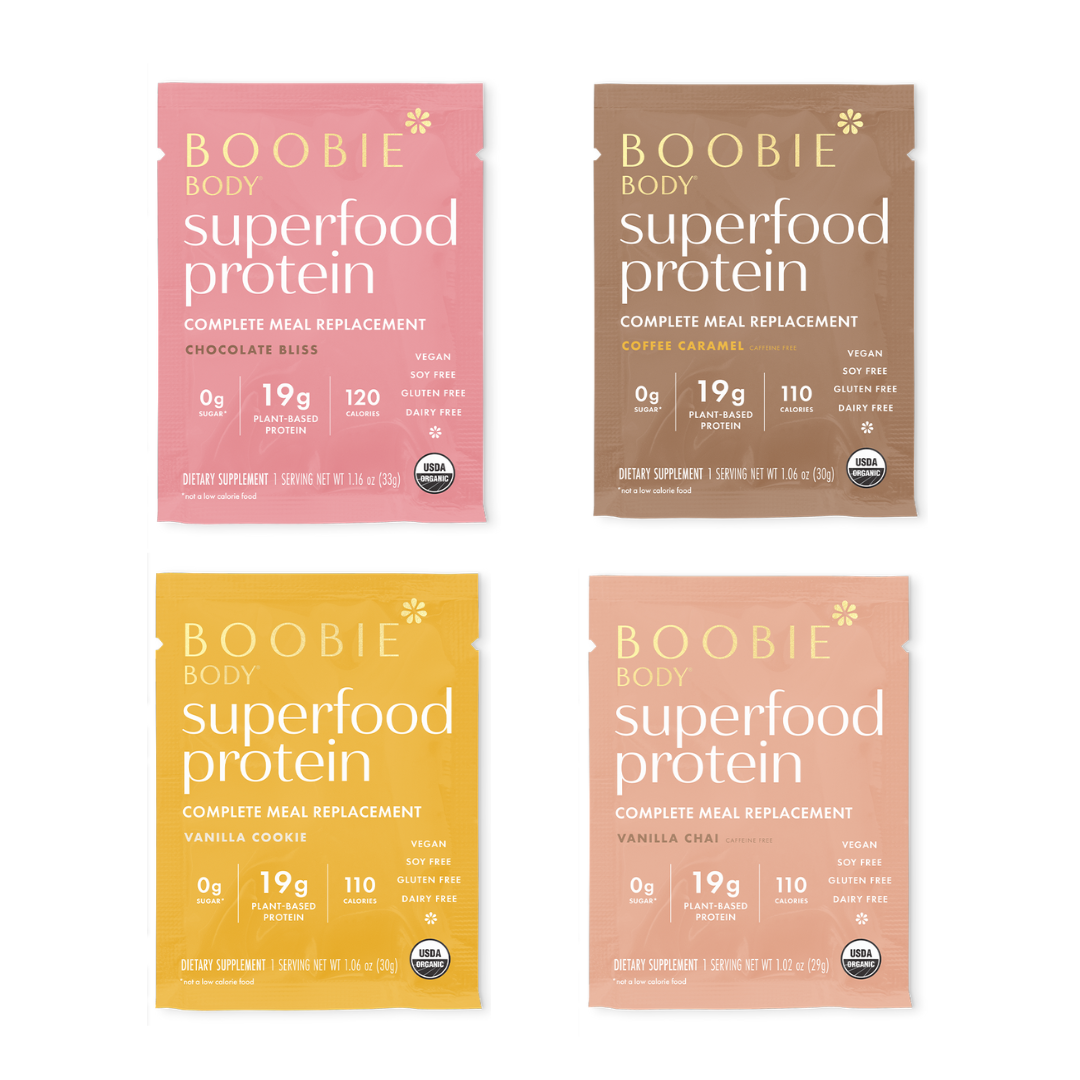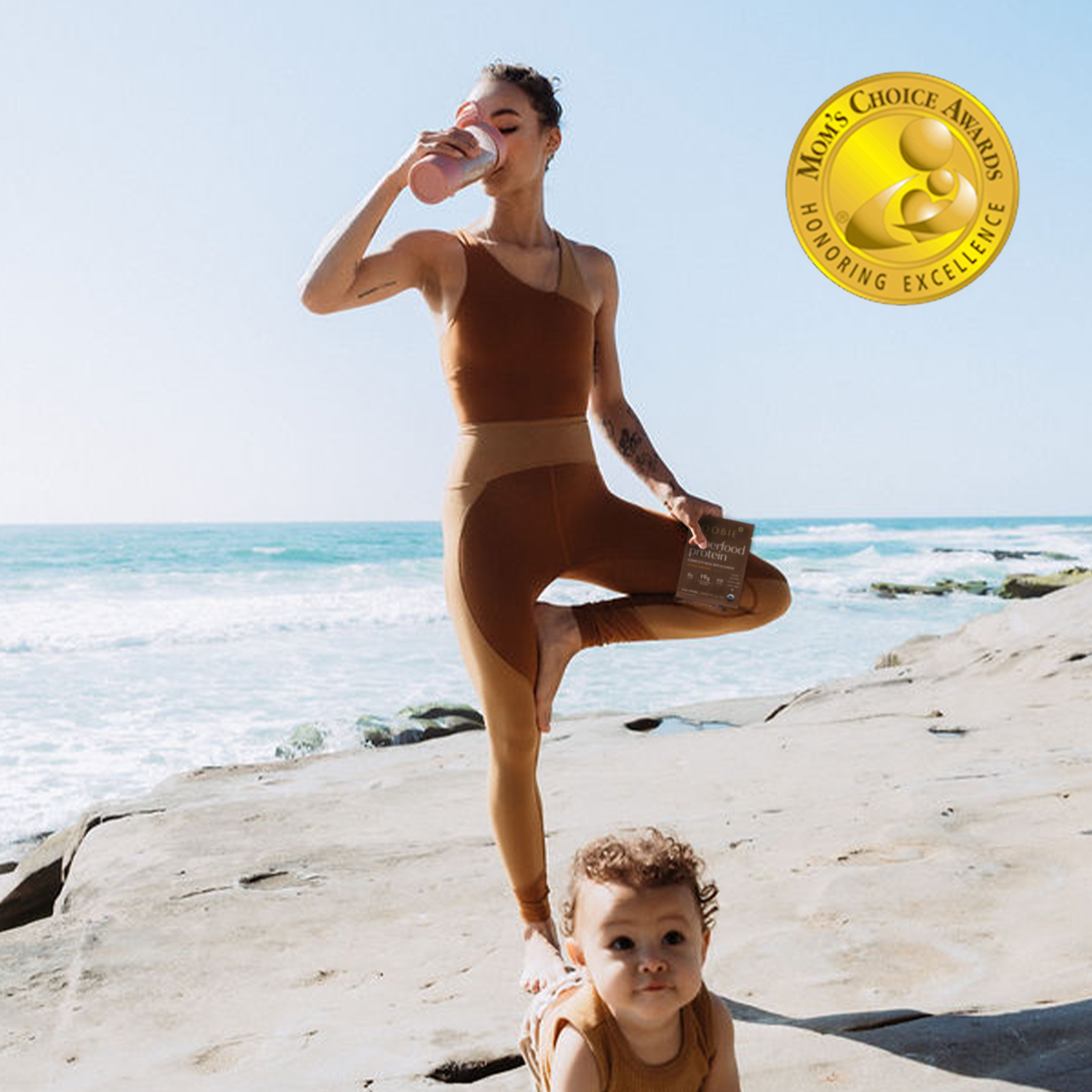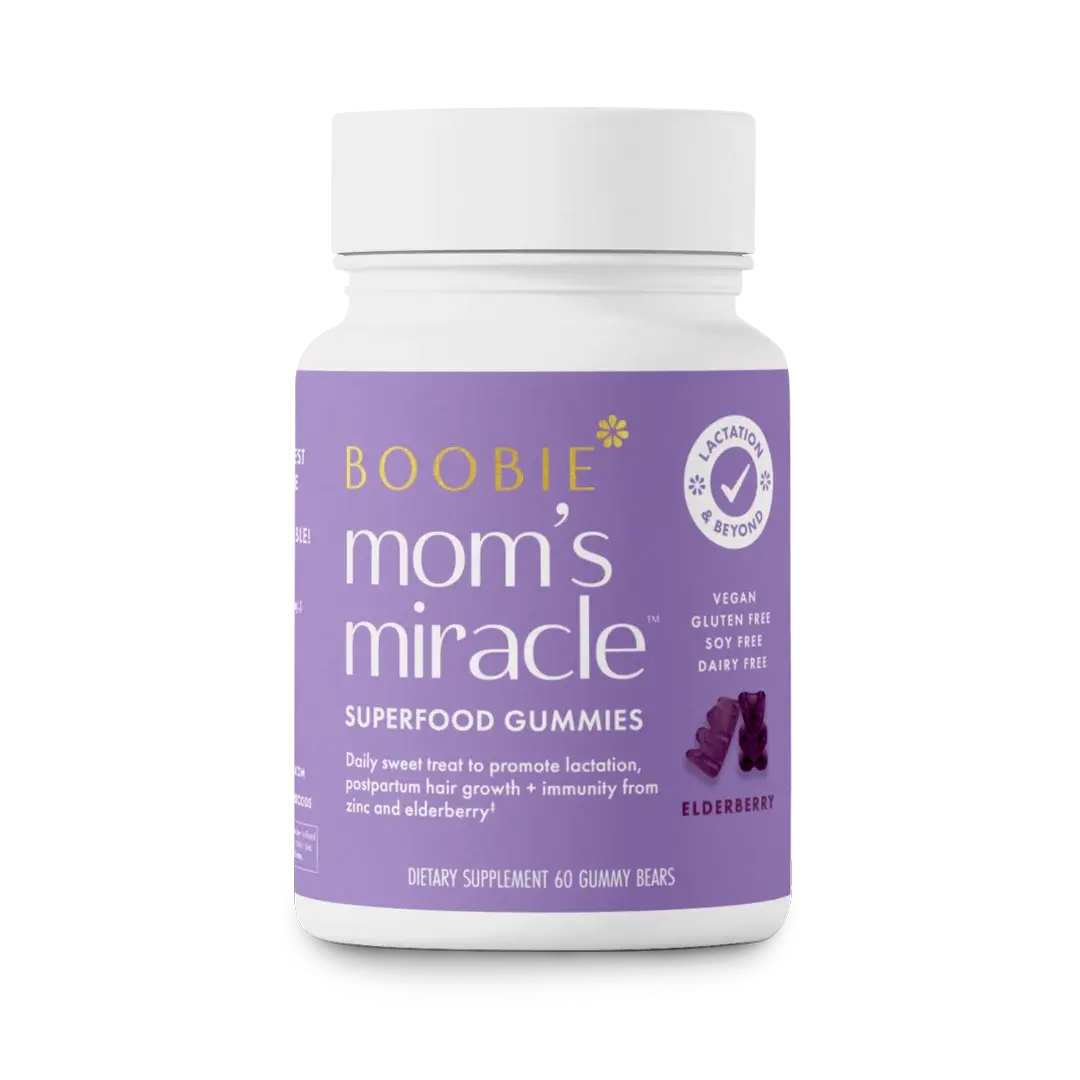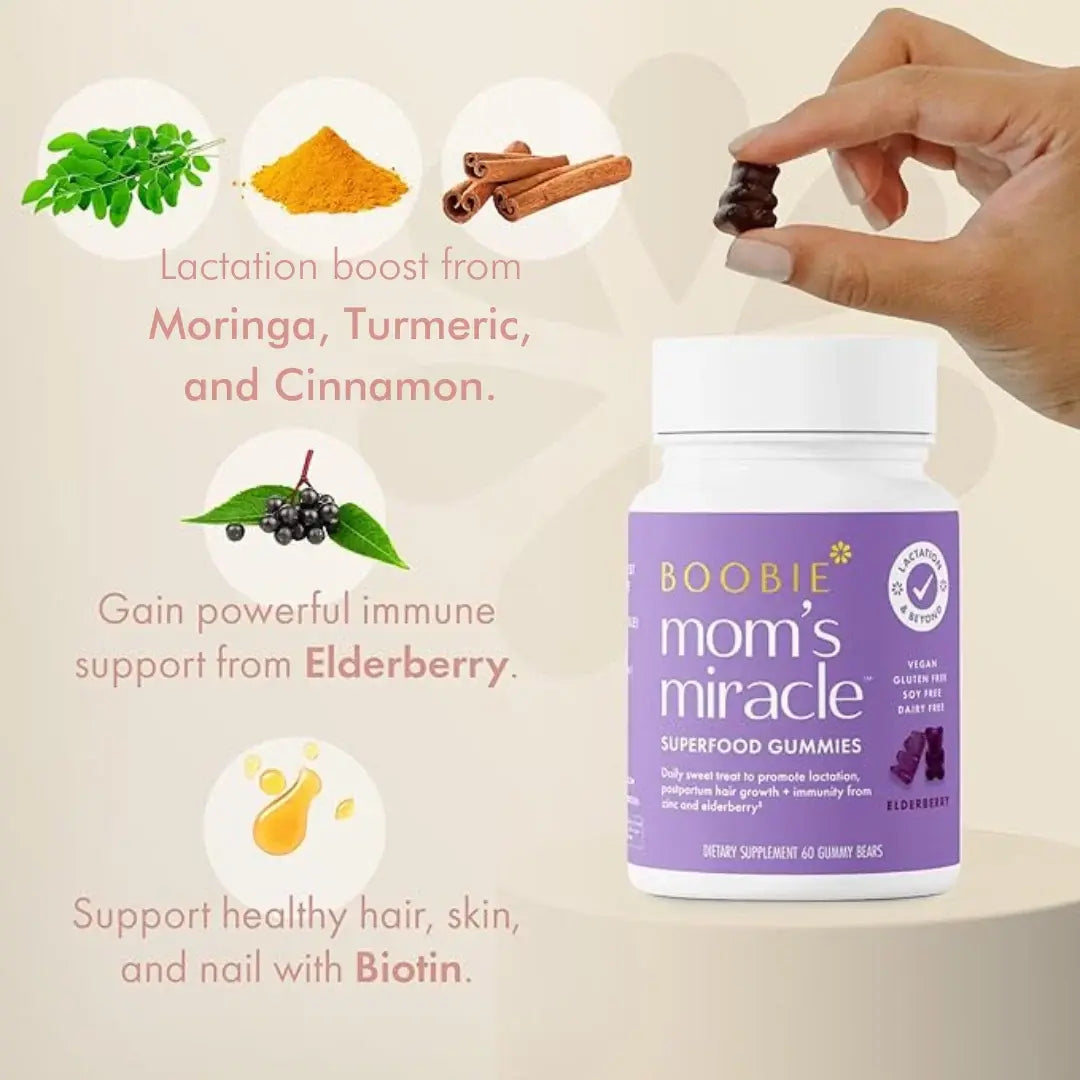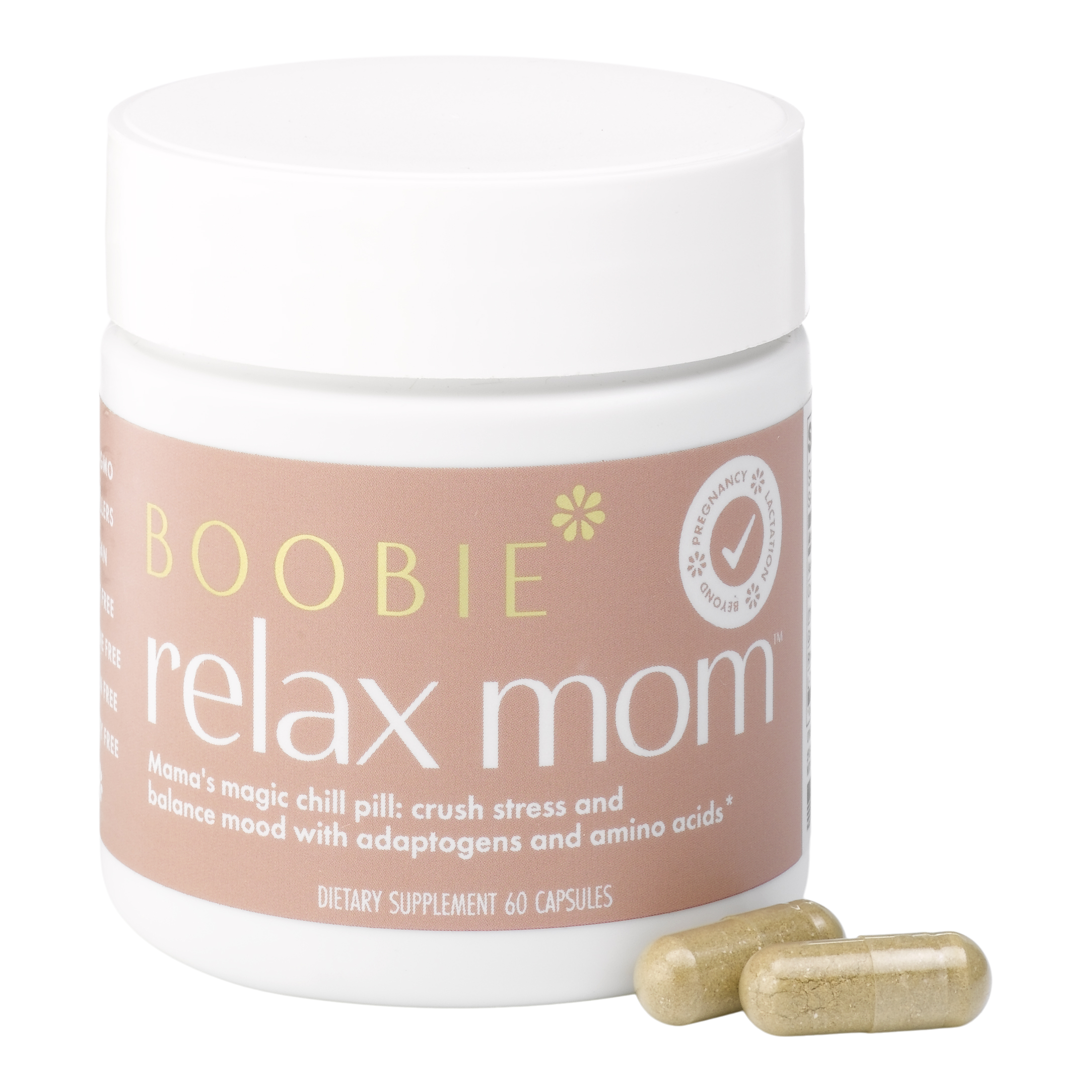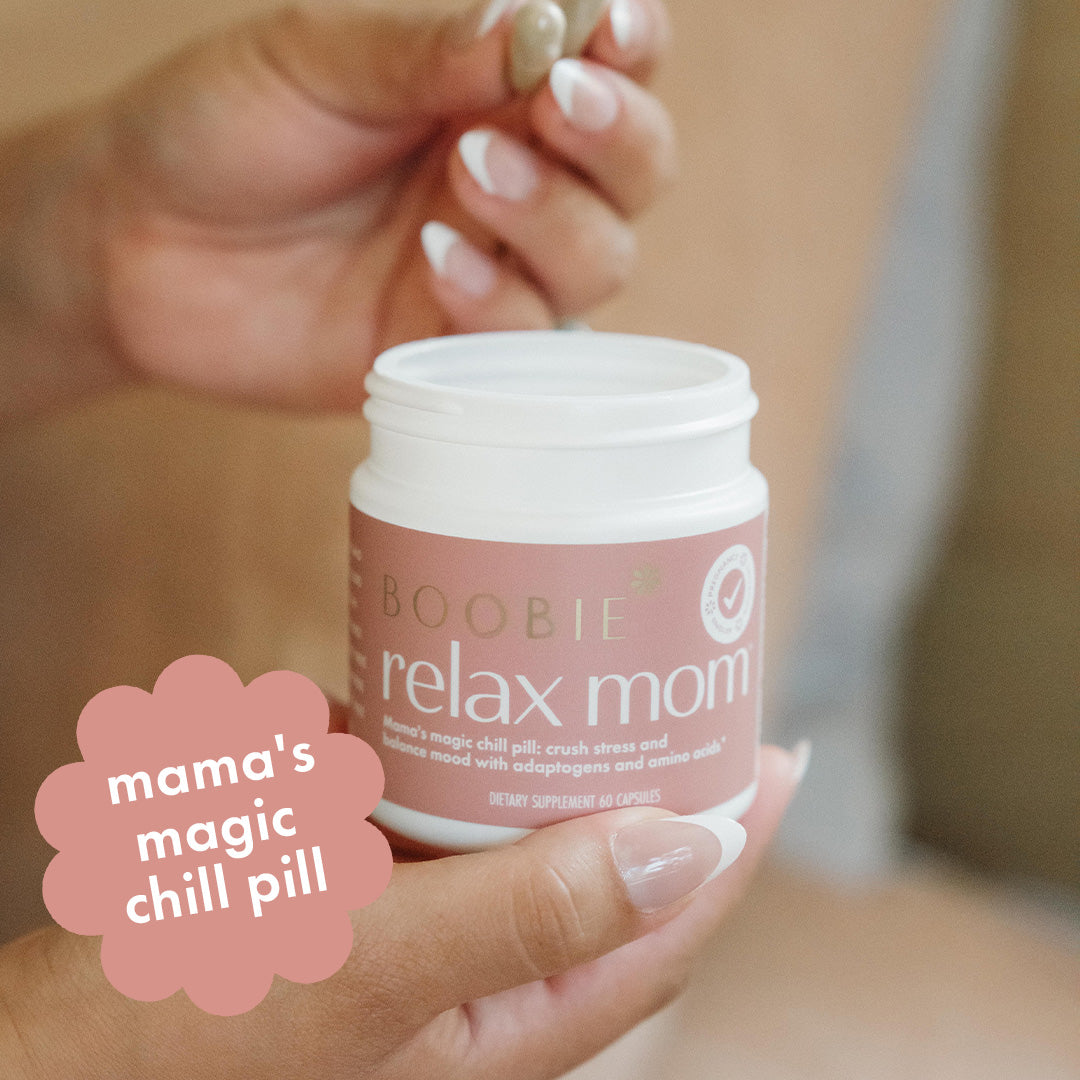How to Get Protein While Pregnant and Thereafter: Tips from a Nurse Wendy Colson
Pregnancy & the postpartum period are crucial times for both you and your baby, and ensuring you get adequate nutrition, especially protein, is essential for your health and your baby's development. As a lactation consultant, I've seen firsthand how a balanced diet greatly supports both pregnancy and breastfeeding. Here's how you can make sure you're getting enough protein during and after your pregnancy.
Why Protein is Important
Protein plays a vital role in building and repairing tissues, making enzymes and hormones, and supporting a healthy immune system. During pregnancy, your protein needs increase to support your baby's growth and your body's changing needs. The recommended dietary allowance (RDA) for protein during pregnancy is about 71 grams per day, which is significantly higher than the 46 grams recommended for non-pregnant women!
Best Sources of Protein
- Lean Meats: Chicken, turkey, lean beef, and pork are excellent sources of high-quality protein. Try to choose organic or grass-fed options when possible to avoid added hormones and antibiotics.
- Fish: Fish like salmon, trout, and sardines are rich in protein and omega-3 fatty acids, which are important for your baby's brain development. However, avoid high-mercury fish like shark, swordfish, and king mackerel.
- Eggs: Eggs are versatile and packed with protein and other essential nutrients like choline, which supports brain development. Enjoy them boiled, scrambled, or in an omelet loaded with veggies.
- Dairy Products: Milk, cheese, and yogurt are great protein sources. Greek yogurt, in particular, is high in protein and can be paired with fruits or nuts for a nutritious snack.
- Legumes: Beans, lentils, chickpeas, and peas are excellent plant-based protein sources. They're also rich in fiber, which can help with pregnancy-related constipation.
- Nuts and Seeds: Almonds, walnuts, chia seeds, and flaxseeds provide protein, healthy fats, and essential nutrients like magnesium and iron. Snack on a handful of nuts or add seeds to your smoothies, salads, or oatmeal.
- Whole Grains: Quinoa, farro, and bulgur are whole grains that provide a good amount of protein. They can be used as a base for salads, sides, or main dishes.
- Tofu and Tempeh: These soy products are high in protein and can be a great addition to stir-fries, salads, and soups, especially for those following a vegetarian or vegan diet.
Tips for Increasing Protein Intake
- Start Your Day with Protein: Include protein-rich foods in your breakfast, like Greek yogurt or cottage cheese with fruit, eggs, or a smoothie with protein powder.
- Snack Smart: Keep protein-packed snacks like nuts, seeds, cheese sticks, or hummus with veggies handy.
- Balance Your Meals: Ensure each meal contains a good source of protein, whether it's animal-based or plant-based.
- Combine Proteins: Pair different protein sources to increase your intake and get a variety of nutrients. For example, have rice and beans or a smoothie with yogurt and chia seeds.
- Consider Protein Supplements: If you're struggling to meet your protein needs through food alone, consider protein powders like our Boobie* Superfood Protein Powder, which is formulated especially for pregnant and lactating mothers.
Postpartum Protein Needs
After giving birth, your protein needs remain high, especially if you're breastfeeding. A breastfeeding mom should consume at least 50 grams of protein or more per day. Protein supports recovery and helps maintain your energy levels, too. Continue incorporating the above protein-rich foods into your diet and listen to your body's hunger cues.
Remember, every woman's needs are different. It's essential to consult with your healthcare provider or a registered dietitian to tailor your diet to your specific needs during pregnancy and beyond.
Taking care of your nutrition during this critical time will not only support your health but also give your baby the best start in life. Happy eating and congratulations on your journey into motherhood!
